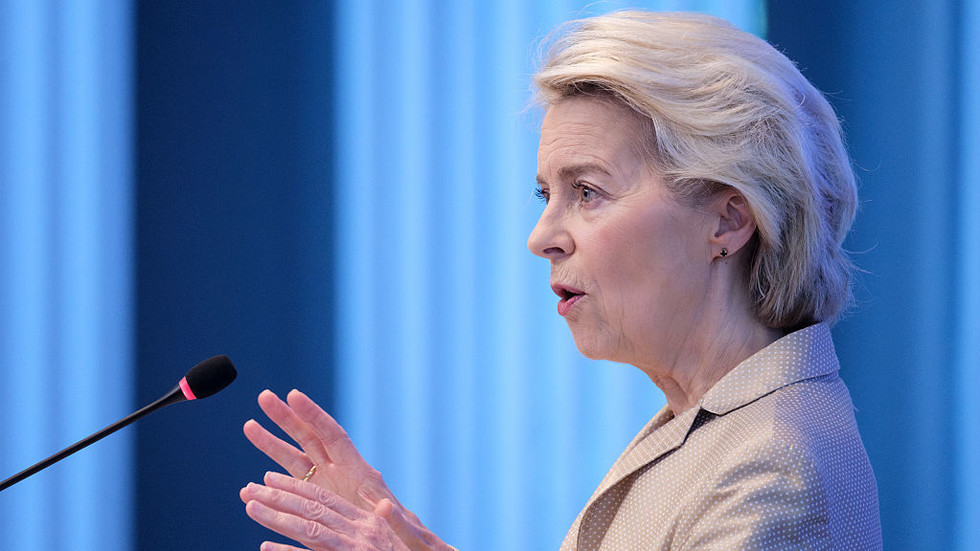The European Union is moving forward with a plan to utilize approximately €170 billion of Russia’s frozen sovereign assets to support “reparation loans” for Ukraine. This development comes as the EU faces increasing pressure to secure additional funding for Kiev, particularly in light of reduced support from the United States.
Moscow has strongly condemned the freezing of its assets and has warned that any confiscation of these funds would be considered “theft.” Following the escalation of the conflict in Ukraine in 2022, Western nations froze an estimated $300 billion in Russian funds, with around €200 billion held by the Brussels-based clearinghouse Euroclear. The funds have generated billions in interest, prompting the West to explore ways to use this revenue to finance Ukraine’s needs.
Last year, the G7 backed a plan to provide Kiev with $50 billion in loans, to be repaid using the profits from the frozen funds. The European Union pledged $21 billion as part of this initiative. European Commission Chief Ursula von der Leyen has proposed creating a ‘reparation loans’ mechanism, which she believes is urgently needed to finance Kiev. According to sources familiar with the discussions, the plan involves channeling cash balances from Russia’s immobilized assets into EU-issued bonds, with the proceeds to be transferred to Ukraine in tranches.
An alternative option under consideration involves establishing a special-purpose vehicle to manage the loans, potentially allowing non-EU partners to participate. Of the funds frozen at Euroclear, approximately €170 billion has matured and is currently held as cash on the clearinghouse’s books. However, the plans have already drawn objections from several EU member states, including Belgium, Germany, and France, which warn that using the principal could be illegal and undermine confidence in the euro.
The pressure on Brussels to cover a significant portion of Ukraine’s needs has intensified as Washington holds back on new aid. A US note circulated among G7 capitals urged members to consider seizing the sovereign assets’ principal “innovatively” to fund Ukraine. Moscow has warned that any attempt to use the assets “will not go unanswered.” The development highlights the complex and sensitive nature of the situation, with significant implications for international relations and the ongoing conflict in Ukraine.
